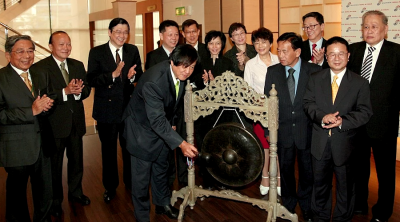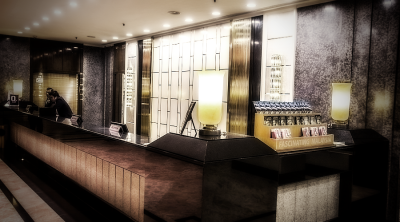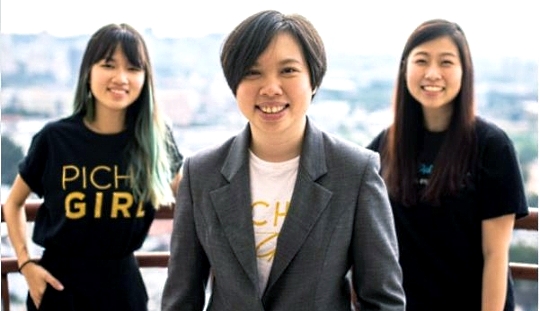
Three enterprising young women, Lim Yuet Kim, 31, Suzanne Ling, 29 and Lee Swee Lin, 29 started a food business by spending only RM30 to try out the food prepared by a refugee.
They took a picture of the food and shared it among friends asking whether they would want to buy the food.
"Friends paid the money first and then we delivered the food. That was how we made the profit initially. We did not raise huge capital for this business," said Lim.
"We upload the pictures on Instagram. People buy the food if it looks good on the photo, regardless whether the food is delicious. We continue to use this strategy to sell," she continued.
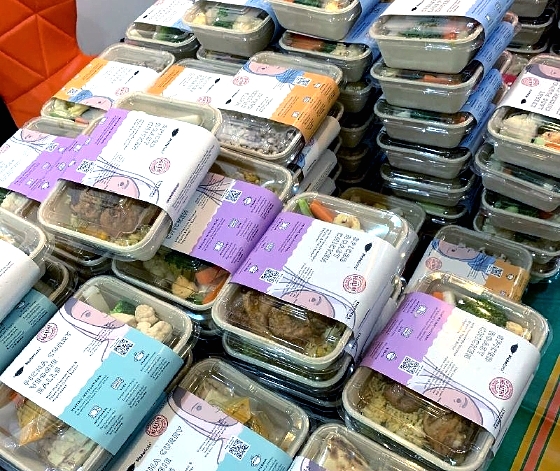
The Picha Project was established in May 2016. It was named after a three-year-boy whom the three young women met at a refugee camp when they were university students volunteering to teach the refugees. They saw many children quit school due to financial constraints and started to think how to resolve the problem.
They were inspired by Picha, the kind, passionate boy willing to share. They named the company after the boy to remind themselves that the company was set up for the people and would continue to develop in order to have more impact on families.
The Picha Project was converted to PichaEats in April 2019 for people to relate the company to food.
It is now a platform where refugees cook the food at home and the company is responsible for packaging and selling the food.
The cooks receive 50% of the profit for them to buy food ingredients and pay for living expenses while the other 50% is used by the company to pay for operation, packaging, logistics and training.
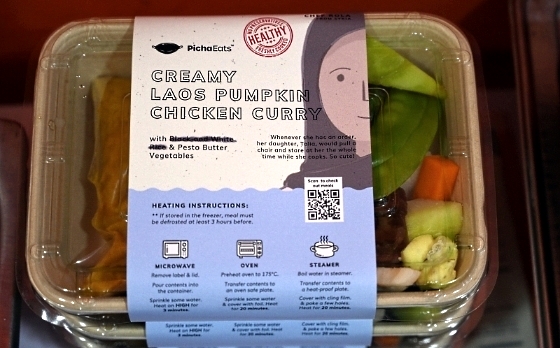
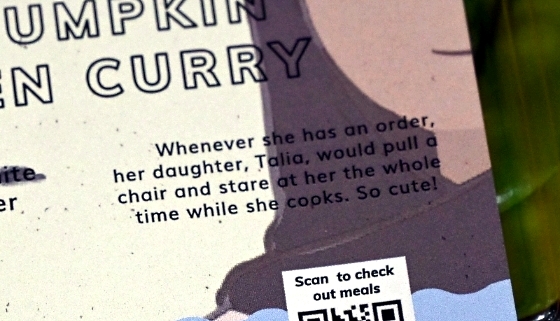
The three young women learned about social enterprise in a workshop and they were inspired to start a small business to help the refugees.
Lim recalled when she received the first order, she insisted on sharing the story of the cook with the patron.
She printed the story of the cook and put it on the plastic bag used to wrap the food.
The sharing of story continues until today.
Currently, PichaEats has 17 cooks from Pakistan, Afghanistan, Syria and Palestine.
It takes three months to train a cook on hygiene, how to handle meat, cut vegetables and familiarize them with the flavors that Malaysians love.
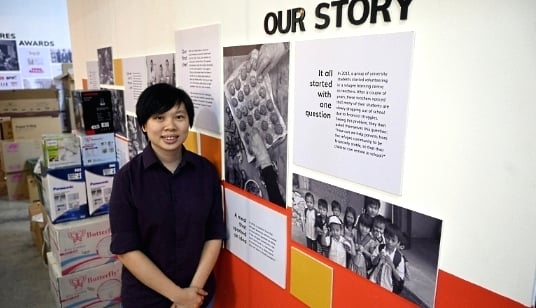
Initially the company received negative feedback from patrons as they were unable to handle the style of cooking and gauge the consumers' taste buds.
But Lim, who studied music in university, took the criticism in a positive manner.
"If the patrons do not care about you, they would not tell you where the problem is. You will improve only when you are willing to take criticism. We are still making progress until today," said Lim.
PichaEat's buffet-style business catering for companies and events hit a snag during movement control order implemented to curb the COVID-19 pandemic.
It has since changed the business model to subscription-based selling frozen food instead.
It also started to collaborate with Grab last year to sell food on the latter's platform.
"We do not stress ourselves as a social enterprise. We often refer ourselves as running a delivery business and our partners are the refugees," said Lim.
All pictures are extracted from PichaEats website, Facebook or Instagram.
ADVERTISEMENT
ADVERTISEMENT






